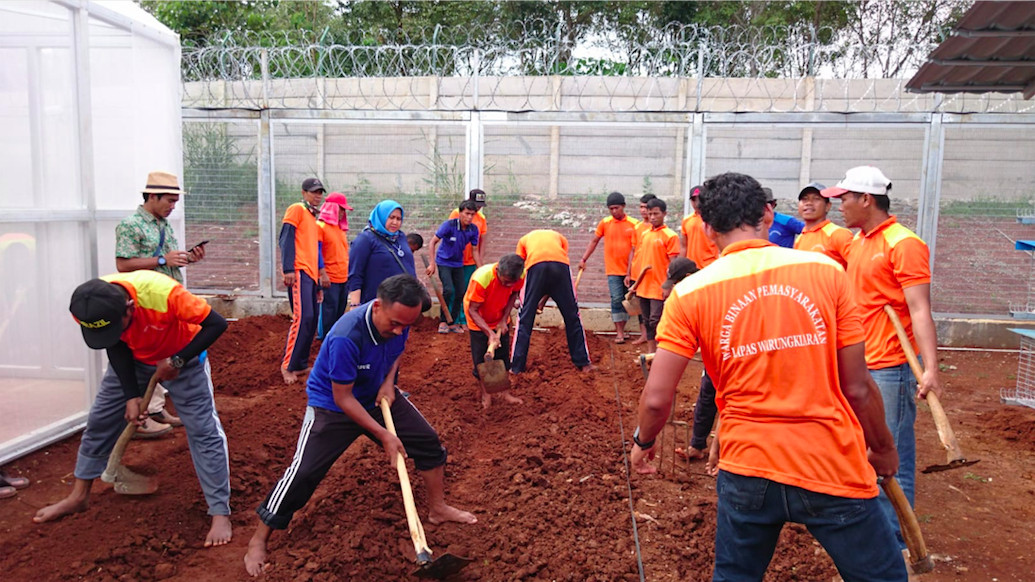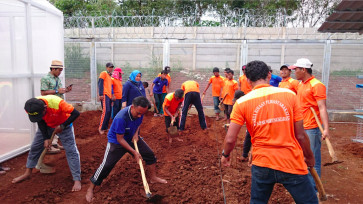Popular Reads
Top Results
Can't find what you're looking for?
View all search resultsPopular Reads
Top Results
Can't find what you're looking for?
View all search resultsEx-convicts share stories of challenging job searches and unending stigma
Change text size
Gift Premium Articles
to Anyone
S
tigmatized and blacklisted, former convicts can barely survive, carrying the extra burden of finding work during the pandemic and reintegrating into society.
"I applied in every job field available, from openings as an office boy to a courier. But not one company would call me back for an interview. They'll ask for your police statement [SKCK]," shared Acil, not his real name, an ex-convict from Jakarta.
In 2020, Acil was released from prison after being sentenced to three years and six months for drug-related violations. He is ready to rebuild his life, but he sees the career world as viewing him with disdain.
The 32-year-old is currently working as a courier for a local nongovernment organization called Anugerah Insan Residivist, which was founded in 2000 by Asep Djuheri, also an ex-convict. The NGO focuses on mentoring ex-convicts by conducting classes like sewing, calligraphy and social skills to help each individual get ready to reintegrate themselves into society.
"The companies told me that they had just faced a great layoff due to the pandemic, but I know [it’s] because I am labeled as an ex-convict," Acil continued.
Rejection
The pandemic has worsened the situation. The Manpower Ministry reported in December 2021 that at least 72,983 workers were laid off due to the pandemic. Those who were laid off did not have emergency funds to support themselves and their families. The SMERU Institute reported that at least 27.54 million Indonesians had fallen into the lowest socioeconomic class. Individuals with an SKCK became more prone to job rejections.



















